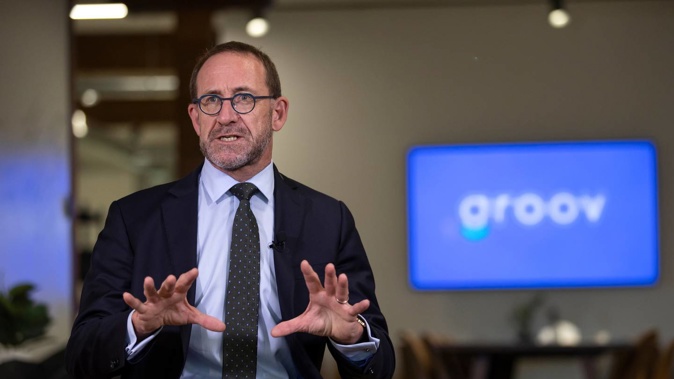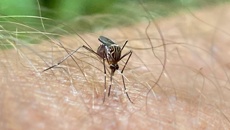
Health Minister Andrew Little says the nurses' union has backtracked on its decision to put a pay equity deal to its members to vote on, and has urged them to reconsider.
In a statement, Little said he was advised last night that the NZ Nurses Organisation had decided not to put the historic pay-equity settlement to its members for a vote after earlier agreeing that nurses would vote on it next week.
The deal would add more than $520m a year to the health payroll, but the NZNO voiced concern earlier this week about the amount of backpay being offered.
"It is the most significant pay-equity settlement in history, and if accepted by the 40,000 nurses and other healthcare workers covered by the agreement will lift their pay by a considerable margin."
Little said the NZNO and Public Service Association had been working with district health boards on the process since 2018, and reached a settlement in December.
"The unions and the health boards agreed that it would be put to nurses to vote on next week. Last night, I was notified that the Nurses Organisation would not now do this.
"Obviously I am concerned about this. There is a binding agreement in place between the parties and it should be honoured."
He said nurses had been underpaid for decades and the Government was committed to addressing that.
"The process has been long and difficult, and in August I intervened to tell the Ministry of Health and district health boards to progress the claim with urgency.
"Collectively, this pay equity settlement will add more than $520 million a year to the health payroll. Cabinet has released the money and we are ready to pay nurses properly for the work they do."
However, he said there was a limit to how much the Government could spend and there were other demands on the health budget.
"We can't undo decades of under-payment, but what we can do is make sure nurses are paid fairly from now on."
He said he was not involved in the process of negotiating the agreement.
"But I am responsible for the state of the health system, and for the critical job it does for New Zealanders. I therefore urge all parties to this settlement to act in good faith, to honour the commitments they have made and to resolve this situation as quickly as possible."
On Monday, the NZNO announced it was starting a full legal review of the pay equity settlement agreement, including the process that had led up to it.
It had been presented to NZNO and PSA members last Friday but NZNO chief executive Paul Goulter said feedback from members showed there was significant dissatisfaction with backpay.
He said members believed they would be individually back paid to December 31, 2019.
"These negotiations took place before my appointment as chief executive and I was not party to them," Goulter said.
"However, it appears something is not right, and I have initiated a full legal review as to whether the proposed lump sum [backdating] payment meets the conditions agreed to in our last MECA negotiations, and whether we were legally correct in bringing the proposed settlement to members."
Goulter said the negotiations had been prolonged and difficult.
"The employers said individual backpay was difficult for their payroll systems and that they would have to phase increases in over at least two years, and members have already become frustrated by ongoing delays."
At a press conference, Little said any "misunderstandings" must be resolved promptly.
Little said there were limits to what Government could do.
"In relation to this pay deal, there is no more money to put into it."
He added: "In the end the parties reached an agreement in December....the two unions and the 20 DHBs reached an agreement."
Little said the parties should meet to iron out any misunderstandings. "It is very unusual for a union to re-litigate terms of settlement they signed up to."
He understood DHBs had taken or were taking legal advice on the matter.
Asked if nurses could get poached and lured overseas, Little said pay was obviously an issue.
He said nurses had warned for some time they pay situation could cause a brain drain.
Little said nurses had historically been underpaid, largely because it was a female-dominated profession, and that was unfair.
"The historical wrong goes back many decades." he added.
The priority now was to lift nurses pay to a level ensuring nurses were no longer subject to sex-based discrimination.
"The deal is a deal between organisations with authorised representatives...I expect parties to stick by their agreement."
Little said he hoped the parties worked through the current impasse.
"I understand there is a willingness for parties to talk."
Little said the back pay nurses said they were expecting would cost hundreds of millions of dollars extra.
The minister said he was not frustrated but added: "It is what it is. My job is to do what I can."
Asked if the timing was abysmal considering the pandemic burnout some nurses were facing, Little said: "We need to support nurses, we need to add more nurses."
Little said it was important to have the health system as strong as possible.
"We will get through this, as we do with everything."
Take your Radio, Podcasts and Music with you









